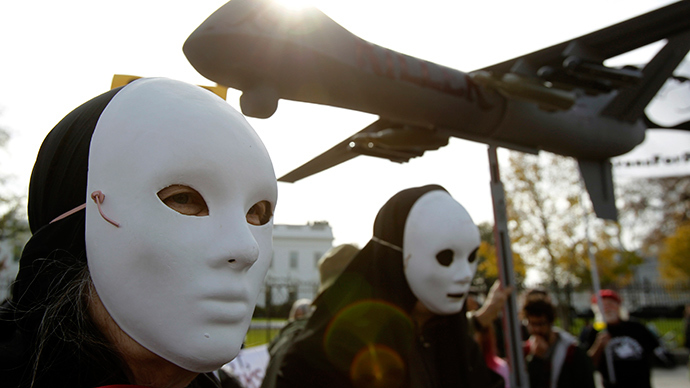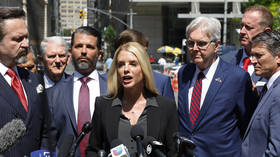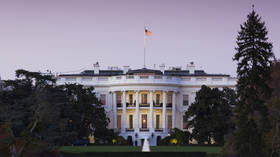New York court releases government memo justifying drone killing of American citizen

Nearly three years after an American drone strike in Yemen killed United States citizen Anwar Al-Awlaki, the official Department of Justice memorandum that justified the attack has finally been released.
A redacted version of the July 16, 2010 memo from the DOJ’s office of Legal Counsel to Attorney General Eric Holder was published on Monday this week, for the first time revealing the exact legal justification that the White House secretly relied on to authorize the done strike that killed Al-Awlaki, a suspected New Mexico-born Al-Qaeda official.
The 41-page memorandum was published along with the US Court of Appeals for the Second Circuit ruling from Tuesday in which it was ordered that the controversial document finally be disclosed. The memo itself was originally authored by David J. Barron, the acting assistant attorney general at the time it was given to Mr. Holder two months before a US drone fired a Hellfire missile to kill Al-Awlaki in the town of Al-Jawf Governorate, Yemen.
According to a cursory analysis by Reuters published moments after the memo’s release, the document shows that the Office of Legal Counsel at the DOJ believed Al-Awlaki could be killed given his suspected standing as an “operational leader” of an “enemy force,” and therefore could be targeted “as part of the United States' ongoing non-international armed conflict with Al-Qaeda.”

The Authorization to Use Military Force — a law signed in the days after the September 11, 2001 terrorist attacks in order to broaden the US government’s wartime abilities — was cited extensively by Barron as allowing for the killing of Al-Awlaki.
“[J]ust as the AUMF authorizes the military detention of a US citizen captured abroad who is part of an armed force within the scope of the AUMF, it also authorizes the use of ‘necessary and appropriate’ lethal force against a US citizen who has joined such an armed force,” Barron wrote. “Accordingly, we do not believe al-Aulaqi 's citizenship provides a basis for concluding that he is immune from a use of force abroad that the AUMF otherwise authorizes.”
“The release of this memo represents an overdue but nonetheless crucial step towards transparency. There are few questions more important than the question of when the government has the authority to kill its own citizens,” American Civil Liberties Union Deputy Legal Director Jameel Jaffer said in a statement released by the ACLU on Monday.
“The release of this memo will allow the public to better understand the scope and implications of the authority the government is claiming,” added Jaffer, who argued for the release of this memo and other documents before the Second Circuit.
“We will continue to press for the release of other documents relating to the targeted-killing program, including other legal memos and documents relating to civilian casualties.” Jaffer continued. “The drone program has been responsible for the deaths of thousands of people, including countless innocent bystanders, but the American public knows scandalously little about who is being killed and why.”
Pardiss Kebriaei, an attorney for the Center for Constitutional Rights, said Monday that the memo confirms "the government's drone killing program is built on gross distortions of law."
"This forced transparency comes years late, long after the memo was drafted and used to justify the premeditated killing of a US citizen without trial and far from any battlefield," Kebriaei said in a statement.












